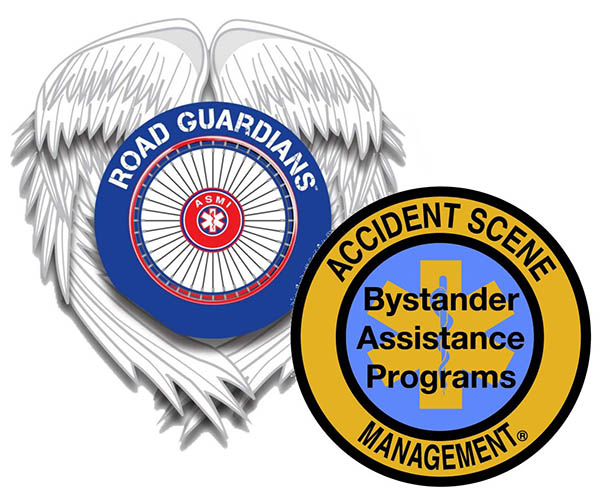Accident Scene Management / Road Guardians
Login |
(262) 706-3278
0
You have 0 items in your cart
9-500.02. Emergency medical aid; assistance to other public bodies; limitation on liability
A. A city or town or its officers and employees, a private fire or ambulance company whose services are procured by a city or town or its officers and employees, a property owner or its officers or employees, a tenant or a licensed health care provider as defined in section 12-561 or an emergency medical technician certified pursuant to title 36, chapter 21.1 who performs emergency medical aid, when rendering emergency medical aid provided by an emergency medical technician, an intermediate emergency medical technician or a paramedic who is certified by the director of the department of health services pursuant to section 36-2205, is not liable for civil or other damages to the recipient of the emergency medical aid as the result of any act or omission in rendering such aid or as the result of any act or failure to act to provide or arrange for further medical treatment or care for the sick or injured person. This subsection does not apply if the person providing emergency medical aid is guilty of gross negligence or intentional misconduct. The immunity provided for in this subsection does not extend to an emergency medical technician, an intermediate emergency medical technician or a paramedic while operating a motor vehicle.
B. A city or town, an employee of a city or town or a licensed health care provider if requested by a public body to assist at a traffic accident on a public right-of-way or to render emergency aid at an emergency occurrence outside of the corporate limits of such city or town is not liable for any civil or other damages as the result of any act or omission by the city or town or an employee of the city or town at the traffic accident, rendering emergency care or as the result of any act or failure to act to provide or arrange for further medical treatment or care for an injured person. This subsection does not apply if the city or town, an employee of the city or town or a licensed health care provider, while providing assistance at such a traffic accident, rendering such emergency care or acting or failing to act to provide such further medical treatment or care, is guilty of gross negligence.
C. This section does not abrogate the right of an employee who is injured while performing services as provided in subsection A of this section to recover benefits for which the employee may be eligible under title 23, chapter 6 from the city or town.
D. This section does not limit a plaintiff’s right to recover civil damages from any applicable uninsured motorist coverage or underinsured motorist coverage.<p id=”Defibrillator”>.</p>
E. This section does not apply to services provided in an emergency room.
F. This section applies to all actions brought under sections 46-455 and 46-456, regardless of whether the action is brought by the recipient of the emergency medical aid or by some other authorized person, organization or governmental entity.
State Statute Title 36 Chapter 21.1 (1999)
A person or entity that acquires an AED must:
The physician who enters into agreement with a person or entity that has acquired and AED must:
The following persons and entities described below are not subject to civil liability for any personal injury that results from any act or omission that does not amount to willful misconduct or gross negligence:
http://www.azleg.gov/viewdocument/?docName=http://www.azleg.gov/ars/36/02263.htm
